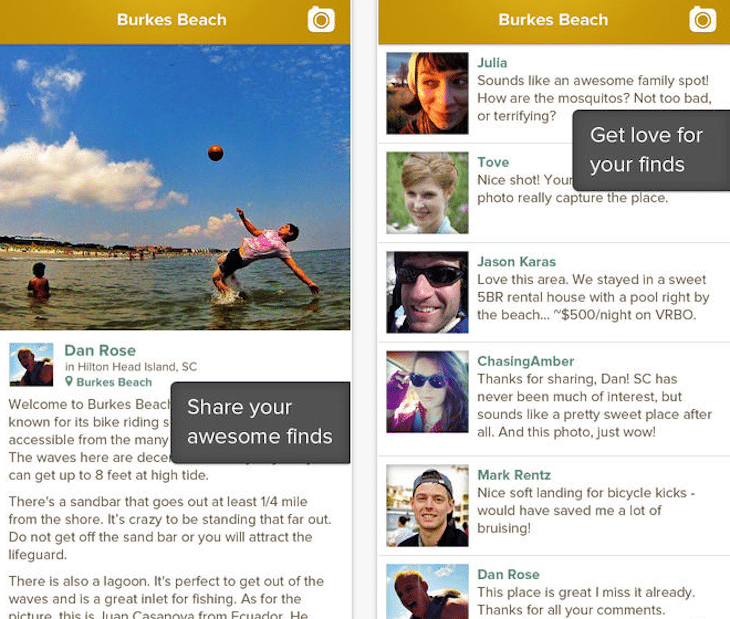TripIt Thinks Business Travelers Will Get Into Photo-Sharing

Skift Take
TripIt's premise is that business travelers will want to look at some pics and get some tips from Trover about restaurants and attractions during business trips. And, besides, when the business trip ends, a leisure trip often begins.
Photo-sharing apps such as Pinterest, which has attracted one billion Place pins six months after launching them, are coming into their own.
But do they work for business travel?
Concur-owned TripIt, the itinerary organizer app largely u

